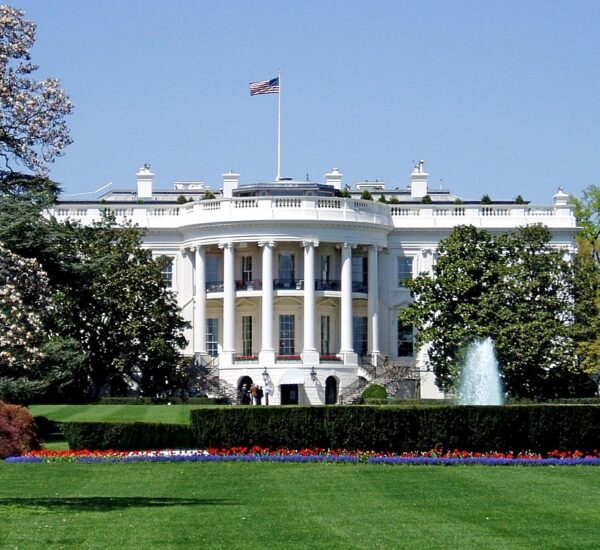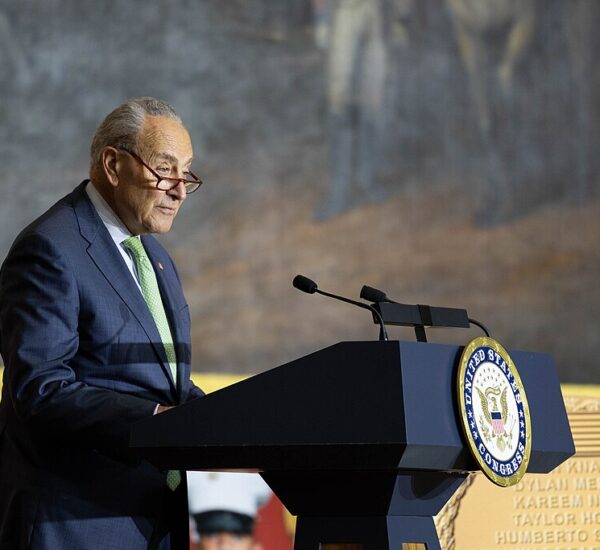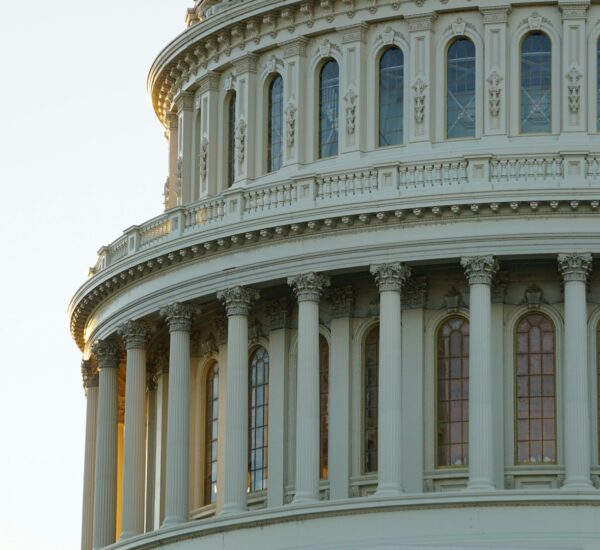President Donald J. Trump’s decisive military action in the Middle East has triggered a wave of escalating tensions—and now, Americans are being warned to stay alert.
On Monday, the U.S. Embassy in Qatar issued an urgent advisory for American citizens to shelter in place until further notice, following major U.S. airstrikes over the weekend that destroyed key Iranian nuclear sites. In response, the government of Qatar temporarily closed its airspace, citing safety concerns for both residents and international visitors.
“The temporary suspension of air traffic is to ensure the safety of citizens, residents, and visitors,” Qatar’s foreign ministry stated, assuring the public that all necessary precautions are being taken.
The U.S. Embassy emphasized the guidance was issued “out of an abundance of caution,” though it offered no further details. The United Kingdom’s embassy in Qatar released a similar warning shortly after.
American Forces on High Alert
Qatar hosts Al Udeid Air Base, the largest U.S. military installation in the Middle East, with approximately 10,000 American troops stationed there. In total, over 40,000 U.S. service members are deployed across the region—ready and waiting in case Iran follows through on its threats.
Over the weekend, American B-2 bombers dropped 14 precision-guided bunker buster bombs on three heavily fortified Iranian nuclear facilities. Tehran has vowed revenge.
“The criminal U.S. must know… we will never back down,” warned Iran’s new military chief, Abdolrahim Mousavi. He declared that Iran’s armed forces are now free to strike “any U.S. interest or military target worldwide.”
Middle East on Edge, Homeland Under Threat
Although Qatar’s foreign ministry insists the country remains “stable” and denies any imminent threat, embassies across the Gulf region are taking no chances. Security forces are reportedly on high alert and actively monitoring the situation.
Meanwhile, the U.S. Department of State issued a global alert, warning all Americans overseas to exercise increased caution, citing the potential for protests or violence targeting U.S. interests.
Back in the United States, national security officials have declared a “heightened threat environment.” Homeland Security sources say low-level cyberattacks have already been detected, with pro-Iranian hackers likely behind them. Federal agencies now fear more sophisticated cyber warfare could soon target critical U.S. networks.
Iranian Retaliation Expected – But Limited Options Remain
Though Iran is expected to respond militarily, its capabilities have taken a major hit. Israeli airstrikes reportedly destroyed multiple missile launch platforms and depleted Tehran’s supply of medium-range missiles. Analysts say this may delay or limit Iran’s ability to retaliate directly.
America First, Security Always
President Trump’s firm stance has drawn praise from supporters who believe the United States must act from a position of strength. As the Middle East simmers and threats to U.S. citizens grow, the message from the Trump administration is clear: America will not back down.






